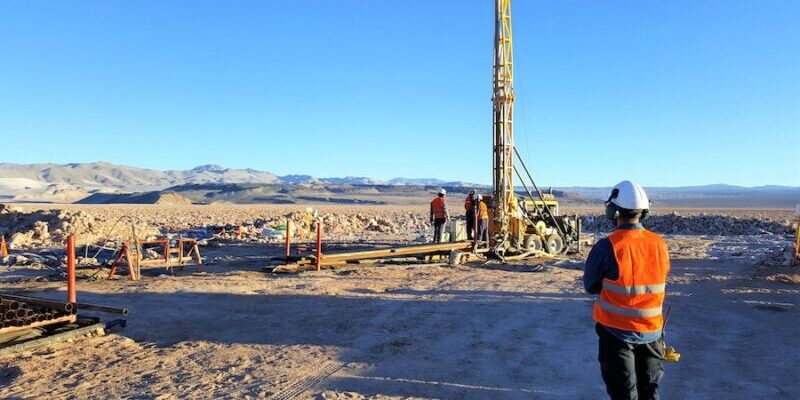
Australia-listed lithium developer Lake Resources has formed a special board committee to assess strategic options for its flagship Kachi lithium brine project in Argentina, the company announced on Wednesday.
The committee, made up of all board members, will evaluate a wide range of possibilities, including a full or partial sale of Lake’s interest in Kachi, a potential merger or restructuring of the company, or partnerships and joint ventures.
The strategic review comes as depressed lithium prices continue to affect company valuations across the sector.
Lake highlighted recent deals involving lithium developers in Argentina that were transacted at valuations significantly higher than those seen in public markets, signaling a disconnect between asset value and share price.
“While lithium prices are currently low and impacting valuations, the long-term outlook remains strong, with demand expected to grow by 17% per year through 2030,” said Lake Resources Chairperson Stu Crow.
He emphasized Kachi’s significance as the largest independent lithium development project in Argentina and its strategic importance in supplying battery-grade lithium carbonate to the global electric vehicle and energy storage industries.
Crow also noted that strategic buyers had recently assigned valuations to Argentine lithium assets that far exceeded public trading prices.
“We believe this is true for Kachi as well. The special committee will focus on narrowing this valuation gap through the strategic review,” he said.
Goldman Sachs has been retained as Lake’s financial adviser for the process, and the company confirmed that several interested parties are actively engaged.
However, Lake cautioned that there is no guarantee the review will lead to a transaction.
Located in Argentina’s Lithium Triangle, Kachi holds a total resource exceeding 10.6 million tonnes of lithium carbonate equivalent.
Phase 1 production is projected at 25,000 tonnes per year of battery-grade lithium carbonate.
A definitive feasibility study completed in December 2023 demonstrated 80% lithium recovery and 99.9% impurity rejection using ion exchange technology.
Environmental permitting is well advanced, with approvals anticipated by mid-2025.
Lake described the project as nearly shovel ready, with strong potential for expansion beyond initial production targets.





